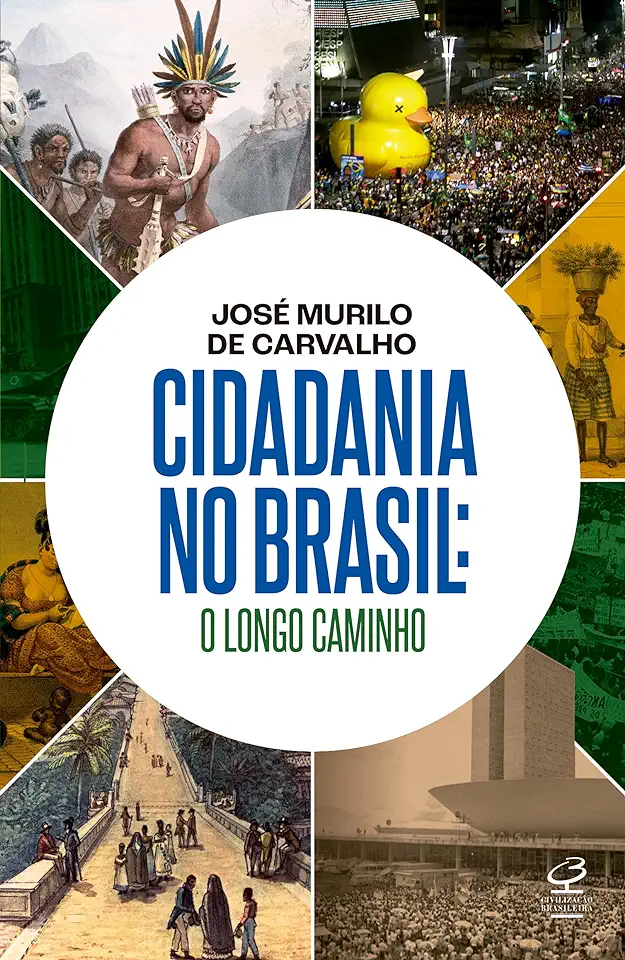
Citizenship in Brazil - The Long Road - José Murilo de Carvalho
Citizenship in Brazil: The Long Road
By José Murilo de Carvalho
A Comprehensive History of Brazilian Citizenship
José Murilo de Carvalho's "Citizenship in Brazil: The Long Road" is a comprehensive and engaging history of Brazilian citizenship, from the colonial period to the present day. Carvalho argues that Brazilian citizenship has been a long and arduous process, marked by struggles for inclusion and exclusion, and that it is still very much a work in progress.
The Colonial Period
During the colonial period, citizenship was restricted to a small elite of white, male landowners. The vast majority of the population, including slaves, indigenous peoples, and women, were excluded from citizenship. Carvalho argues that this exclusion was based on a combination of factors, including race, class, and gender.
The Empire of Brazil
After Brazil gained independence from Portugal in 1822, citizenship was expanded to include all free men, regardless of race or class. However, women were still excluded from citizenship. Carvalho argues that this expansion of citizenship was due in part to the influence of the French Revolution, which had spread ideas of liberty, equality, and fraternity throughout the world.
The Republic of Brazil
The Republic of Brazil was proclaimed in 1889, and it brought with it a new constitution that guaranteed citizenship to all Brazilians, regardless of race, class, or gender. However, Carvalho argues that this new citizenship was still limited in practice. Many Brazilians, especially those who were poor and black, were still denied their full rights as citizens.
The 20th Century
The 20th century saw a number of important advances in Brazilian citizenship. In 1930, women were finally granted the right to vote. In 1964, a military dictatorship took power in Brazil, and it suspended many civil liberties. However, the dictatorship was eventually overthrown in 1985, and Brazil returned to democracy.
The Present Day
Today, Brazil is a vibrant democracy with a strong commitment to human rights. However, Carvalho argues that Brazilian citizenship is still a work in progress. There are still significant inequalities in Brazilian society, and many Brazilians still face discrimination and exclusion.
A Must-Read for Anyone Interested in Brazilian History
"Citizenship in Brazil: The Long Road" is a must-read for anyone interested in Brazilian history. Carvalho's book provides a comprehensive and engaging account of the development of Brazilian citizenship, and it offers important insights into the challenges that Brazil still faces today.
Praise for "Citizenship in Brazil: The Long Road"
"A magisterial work of scholarship. Carvalho has written the definitive history of Brazilian citizenship." —Stanley J. Stein, Princeton University
"A brilliant and provocative book. Carvalho challenges conventional wisdom about Brazilian citizenship and offers a new and more nuanced understanding of its history." —Emília Viotti da Costa, University of São Paulo
"A must-read for anyone interested in Brazilian history, politics, or society. Carvalho's book is a major contribution to our understanding of Brazil." —Lilia Moritz Schwarcz, University of São Paulo
Enjoyed the summary? Discover all the details and take your reading to the next level — [click here to view the book on Amazon!]